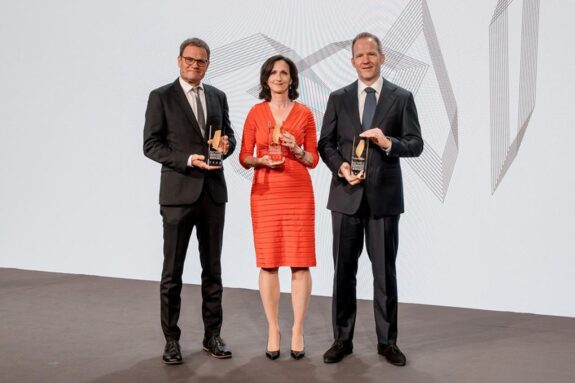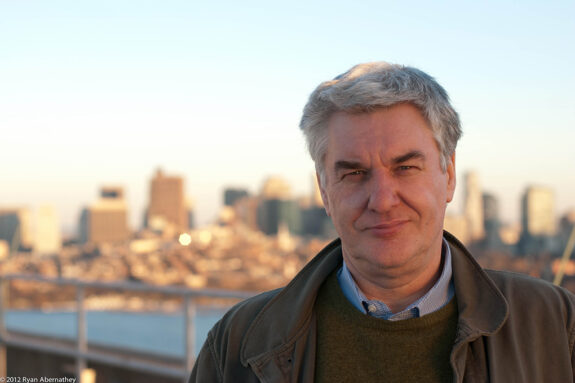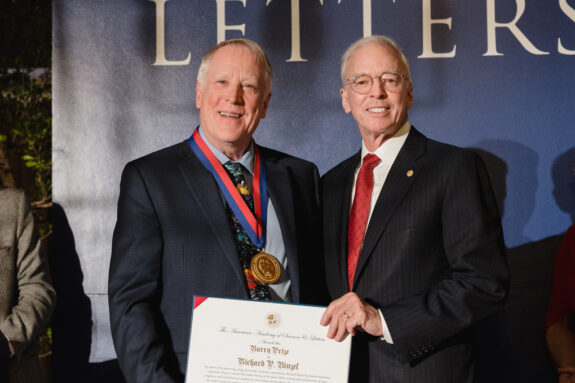Three EAPS faculty granted tenure
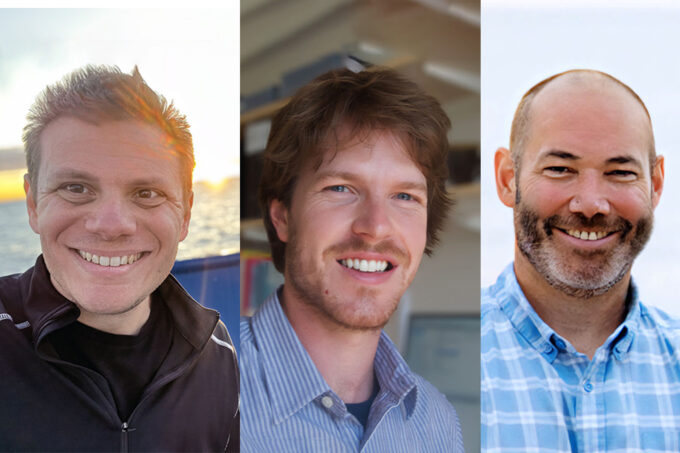
From left to right: Andrew Babbin, Tim Cronin, and Brent Minchew.
The Executive Committee of the Corporation has granted tenure to Andrew Babbin, Tim Cronin, and Brent Minchew effective 1 July 2024.

Cecil and Ida Green Career Development Professor Andrew Babbin studies the interplay of chemistry and biology across spatial scales with regard to marine microorganisms. Using a combination of field work and lab experiments, his aim is to reveal the mechanisms behind how the oceans regulate global climate. He joined the EAPS faculty in 2017.
Babbin was recently awarded a Bose Research Grant, which supports bold research projects across diverse areas of study. His proposal is to develop low-cost oxygen sensors that can be integrated with preexisting shark tags; there, they can monitor ocean dissolved oxygen levels and see how they change seasonally and as a result of climate change.

A climate scientist, Tim Cronin’s research focuses on convection, radiation, and clouds to create numerical modeling experiments that help us understand the stability of the Earth’s climate. Cronin has explored subjects such as the formation of cold air and how it will change with a warming climate, cloud clustering in the tropics, and hurricane formation in dry atmospheric models. He joined the EAPS faculty in 2016.
Recently his lab discovered the mechanism by which aerosols intensify thunderstorms in tropical regions; they used simulations of cloud dynamics to find that high concentrations of aerosols increased humidity in the surrounding clouds, increasing thunderstorm activity. This “humidity-entrainment” mechanism can now be incorporated into weather and climate models to help them better predict thunderstorm activity in regions with changing aerosol levels.
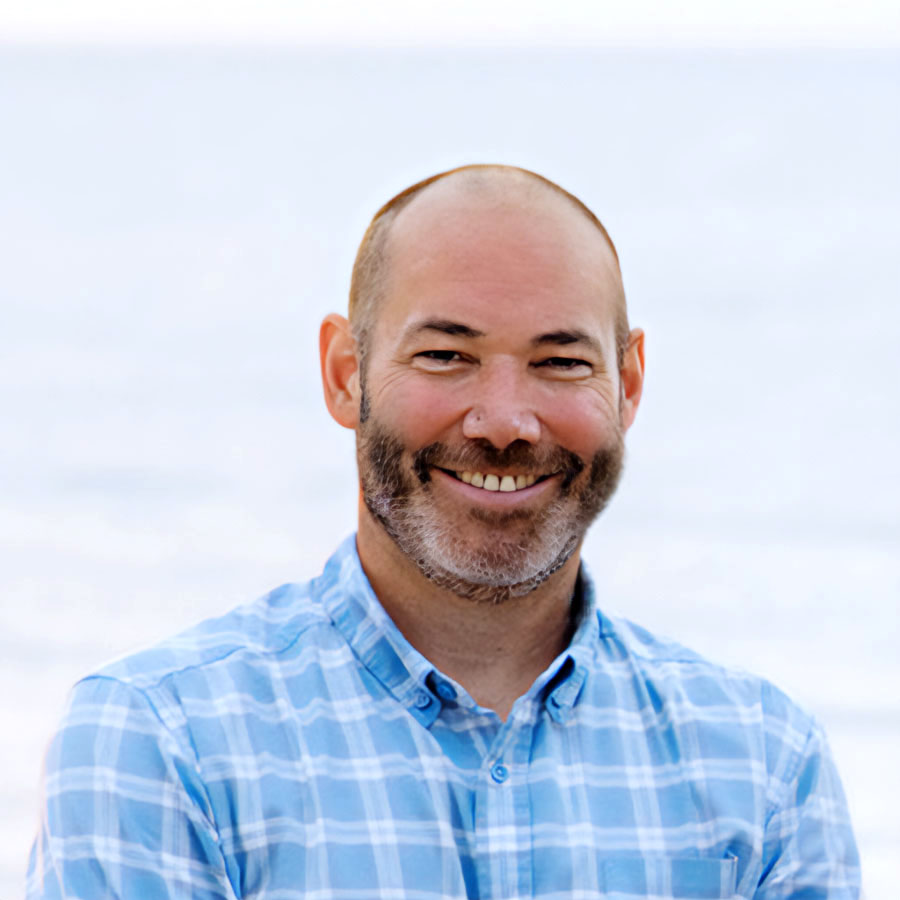
Class of 1948 Career Development Professor Brent Minchew researches the interactions between climate, the cryosphere, and the solid Earth. By combining geodetic observations and physical models, he hopes to develop a better understanding of the dynamics of glaciers and their responses to environmental forcing, especially when it comes to rates of sea-level rise over the coming decades and centuries. He joined the EAPS faculty in 2018.
He is currently working on two different projects that were finalists for the Climate Grand Challenges, an Institute competition that called for bold projects to address the climate crisis. These projects will improve monitoring of ice sheets for more accurate measurements over shorter periods of time.
